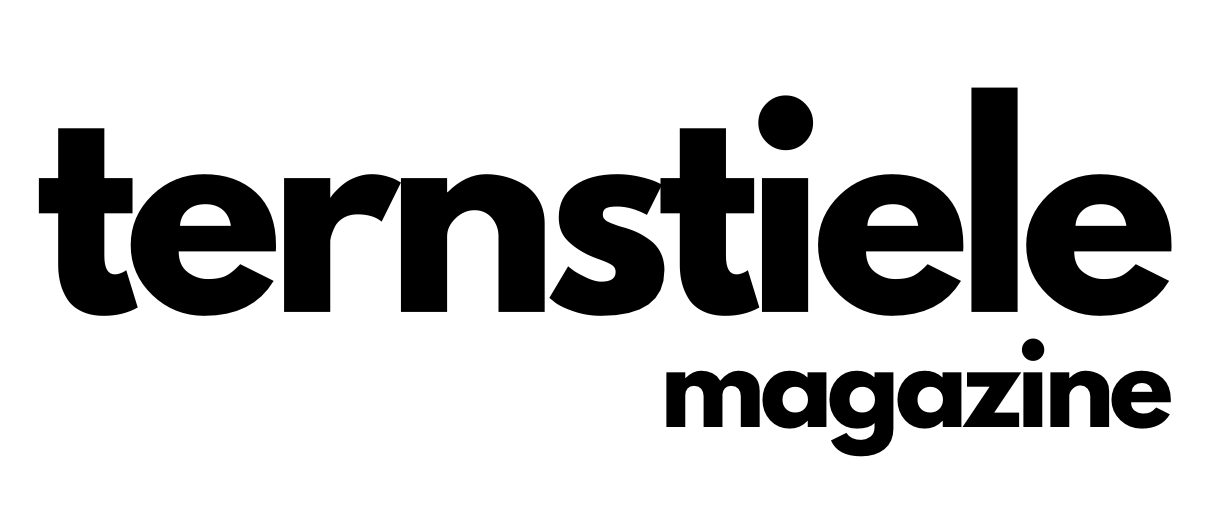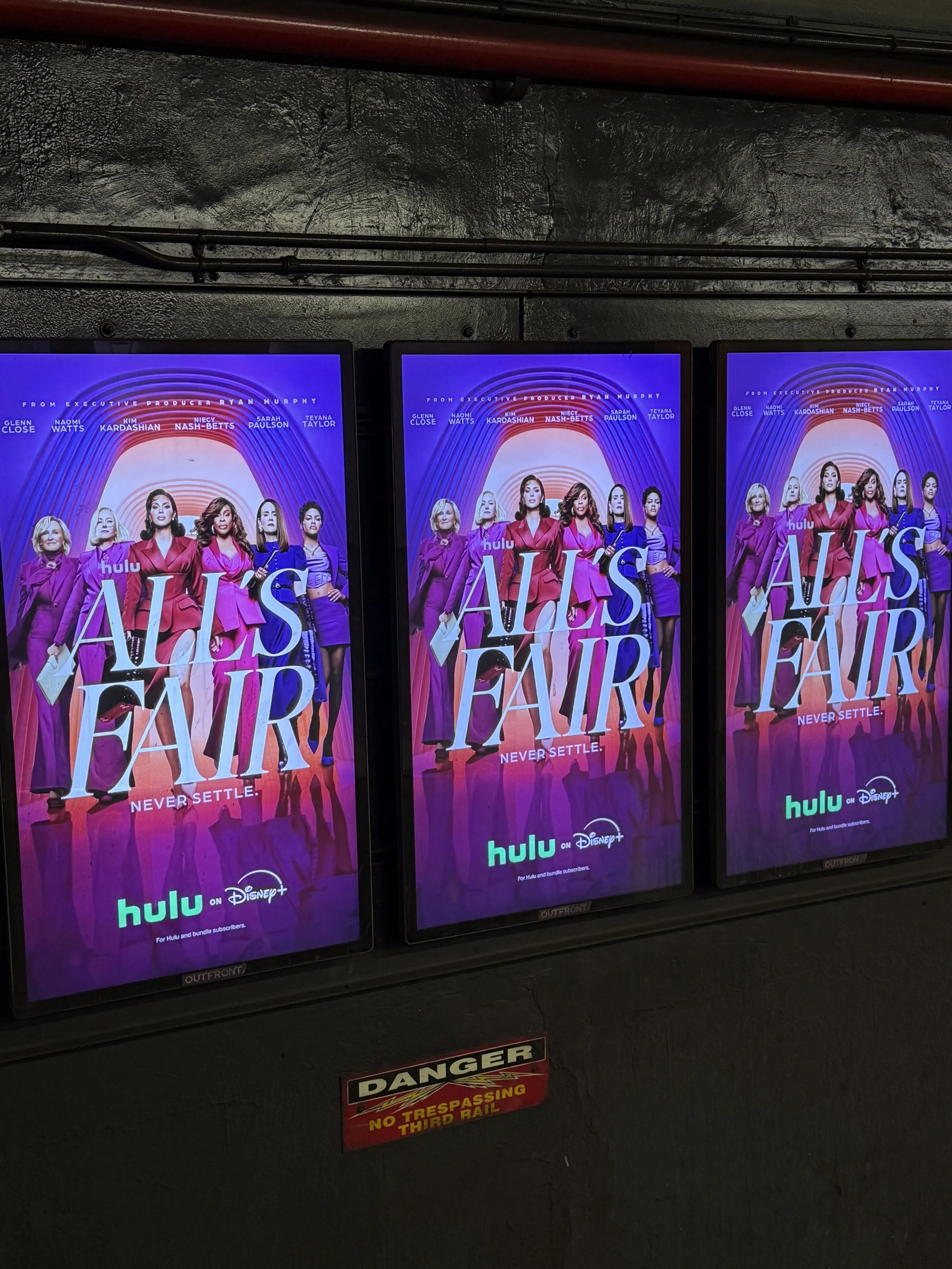All’s Fair in Love and War, Sans Criticism
by Josh Rosenthal
It has become so deeply frustrating to care about art in earnest as of late — how many times have I gone to the theater this year and watched in horror as someone either scrolled through TikTok or talked to the person next to them the entire time? Maybe we don’t deserve good art if we can’t have any shame about anything.
This might also explain why I’ve somehow found myself so enraptured by the recent premiere of All’s Fair — the latest show from the Twisted Mind of Ryan Murphy, in which Kim Kardashian imbues all the emotional complexities of a divorce lawyer named “Allura Grant” with a perpetual blank stare.
All’s Fair is not a piece of art per se, but rather a blur of bizarre outfits and interior design choices that defy all logic. You have never seen a law firm that looks this Cronenbergian. Every single one of Sarah Paulson’s line deliveries is a revelation — about what, I’ll never know.
I know a good bit whenever I see one, and as someone who grew up borrowing seasons of American Horror Story on DVD from my local library, it was painstakingly obvious to me what wild ride I was signing up for here.
So did no one else get the memo? It’s been astonishing to see just how much vitriol this show has received online since it came out — I didn’t even get the chance to sit down and watch it for myself before I saw that The Guardian had already deemed it “existentially terrible.”
Sure, it’s easy enough to pan the Kim Kardashian lawyer show, but why is this suddenly the thing that everyone wants to be A Serious Critic about? Having spent this year being exposed to an endless stream of really bad takes about good art, I think I’m just lost now.
To Kim’s credit, she made the most of this moment by sharing some of the harsher reads directly with her 354 million followers on Instagram, parlaying the bad press into the largest viewership numbers Hulu has seen for a scripted series launch in the past three years. Moths, meet flame.
Personally, I don’t know if I’d be a good enough sport to post a screenshot of a review that calls my acting “stiff and affectless,” but Kim’s ability to do so represents a masterstroke of pop culture manipulation. You can’t be the punchline of a joke if you’re in on it from the start.
If the criticism doesn’t matter, will All’s Fair be able to sustain any attention when this media frenzy surrounding it dies down? Based on what I’ve seen so far, I’m already worried that later episodes will mostly serve as meme fodder for influencers on Instagram to post and defend as “high camp.”
This rendering of television-as-content is exactly what was so disappointing about the third season of The White Lotus that aired earlier this year, which sacrificed multiple opportunities to develop meaningful character arcs in favor of cramming as many viral moments as it could into an hour.
Given how precarious its perception is already, All’s Fair faces quite the uphill battle for the rest of its first season, especially since it's airing in the same window as other new shows like Pluribus and I Love LA — which have already yielded rave reviews and a digital Cosmopolitan cover, respectively.
In that regard, All’s Fair might fare best as just The Thing We’re Talking About This Week, but that isn’t a promising sign for any longevity it’s hoping to build for itself. Even if people are talking about it out of spite, it won’t take long for some other show to fill that role.
This brings me right back to one of my current concerns: how relevant is any piece of art to the conversations that are being held about it? Is it more important that a conversation is even happening in the first place?
In the case of All’s Fair, I’m afraid the jury is still out for now — but I am certainly curious enough to see what pressing legal matters and bold fashion statements the women of Grant, Ronson and Greene are going to tackle next week.

